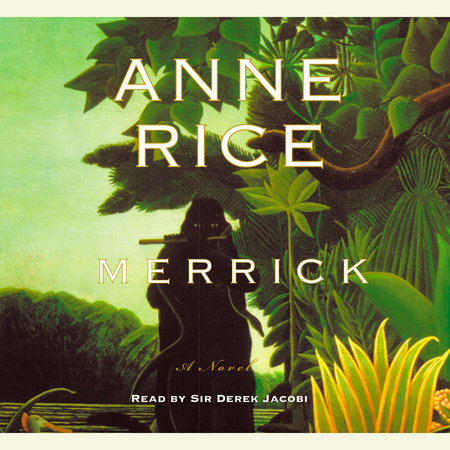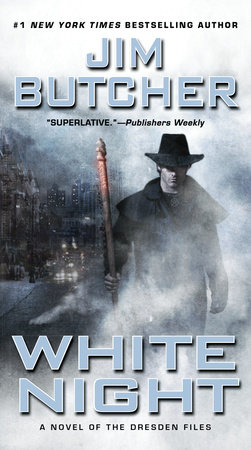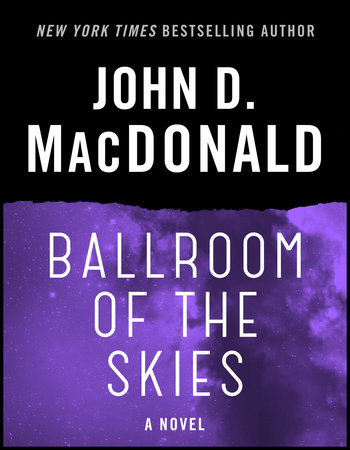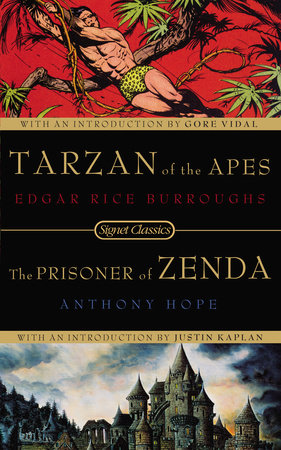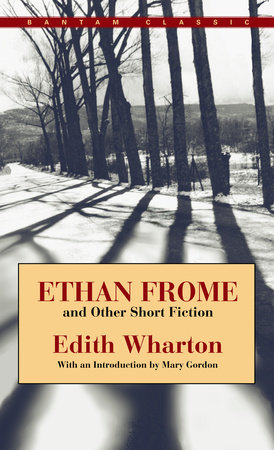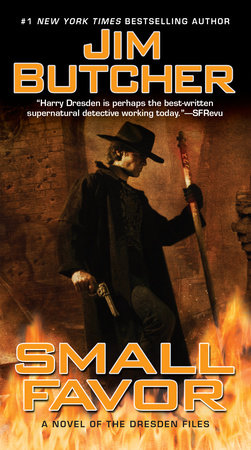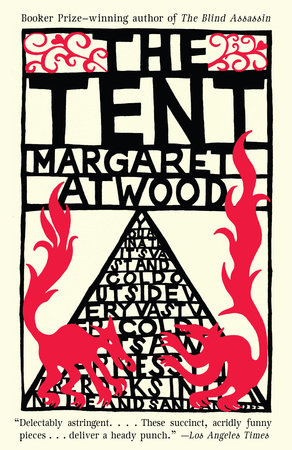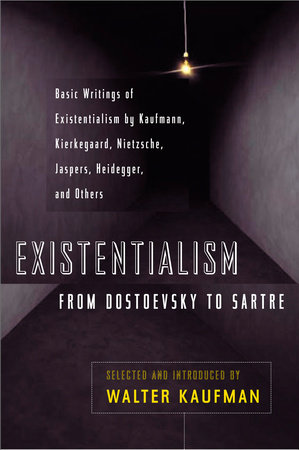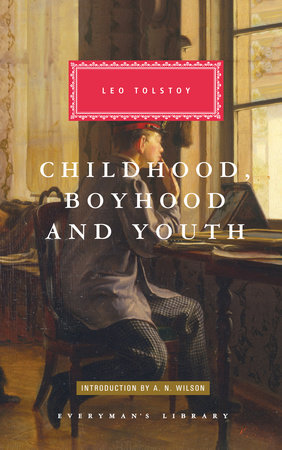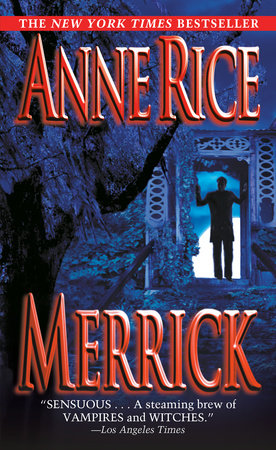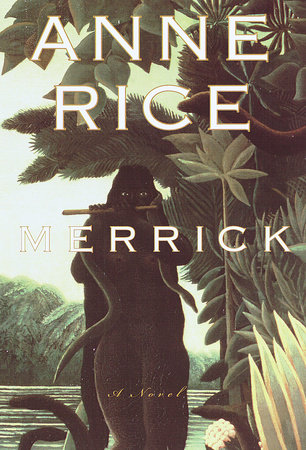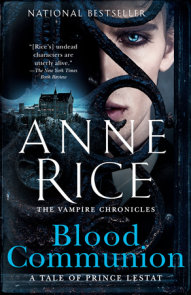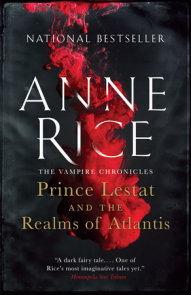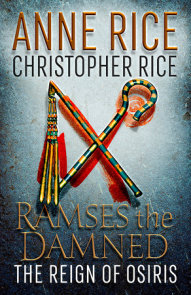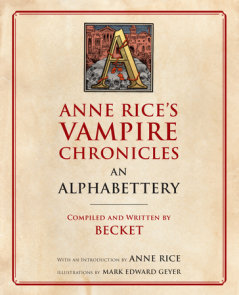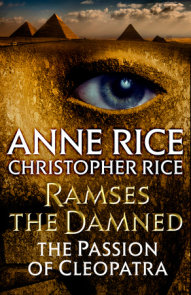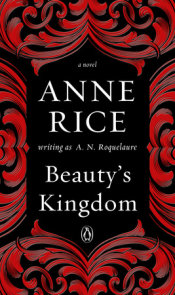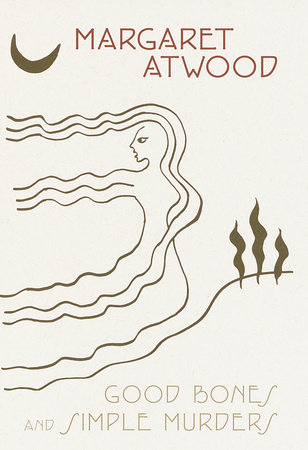Author Q&A
A Fan’s Interview with Anne Rice
Question 1: Jeff Korn asks, What areas of classical mythology are you most interested in, and how do you go about incorporating them into a new novel?
Anne Rice:Well, the answer is that I’m fascinated by almost any mythology that I can get my hands on, but I guess Greek and Roman mythology really enchants me. And I don’t know that I’ve consciously incorporated mythology into my novels–I did explore very deeply Egyptian lore when I created the characters of Akasha and Akeel, the eldest of the vampires. But I’m usually working on my own mythology, my own realm of created characters. But again, I’m in love with all sorts of mythology, and obviously stories in mythology inspire my though I may not be conscious of it.
Question 2: David Melinkoff asks, What literary works do you believe most influenced your novels?
Anne Rice: That is a very difficult question to answer, because I read so widely and so much–even for a non-reader. I think the Brontë sisters–Wuthering Heights and Jane Eyre, two books that I read before I ever wrote Interview with the Vampire–I think they had a terrific influence on me. I recently reread both of those books and I loved them, and I think they continue to have an influence on me. I am in love with Emily Brontë’s Heathcliff–I absolutely adore him. But I did a lot of reading when I was in college. I read Virginia Woolf, and Hemingway, and Shakespeare, and Sir Arthur Conan Doyle’s Sherlock Holmes stories, and I read some very pure horror fiction from England that I really loved–in particular, J. Sheridan LeFanu’s Carmilla, a vampire story that was written in the 1870s and is a very wonderfully sensuous vampire story. I think it’s influenced many movies. And I also read the stories of Algernon Blackwood, a very distinguished Englishman–I believe before he died he was reading ghost stories on BBC radio. And I also read the stories of M.R. James, a very distinguished English gentleman. And I loved all that fiction–I absolutely loved it. So everything went into the mix. I’m definitely more influenced by European writers than I am by American writers, there’s no doubt about that. I lean toward English writers. And for Merrick the novel that’s going to be published in October of 2000, I read a lot of Conan Doyle to get the British voice that David needs to tell that story.
Question 3: Steven Wedel asks, Your attitude toward Christianity seemed pretty dim in your early Vampire books, almost as if you were saying God doesn’t exist. However, in your more recent books–especially Memnoch the Devil–that view seems to have changed. Has your outlook on religion changed?
Anne Rice: Well the answer to that is I’m always looking, and I’m always asking questions. I mean, if you go all the way back to Interview with the Vampire, which was published in 1976, the vampires are really talking a lot about God and the Devil. Louis’s quest–my tragic hero Louis–his quest is to find the oldest vampire in the world, and to find out if that vampire knows anything about God and the Devil. The answer was, of course, rather tragic in Interview with the Vampire, but I go on asking, I go on seeking answers. Now in Memnoch the Devil, which happens by the way to be my favorite of all The Vampire Chronicles, we don’t know really whether Memnoch told the truth to Lestat or not–it’s left as a mystery, and that’s very deliberate. I’m going to keep on asking these questions, I’m going to keep on dealing with the supernatural in a lot of ways, and I can’t get very far away from Christianity, I can’t get very far away from the angels and the saints. I work them in always, in some way. In Merrick, Merrick’s voodoo incorporates Catholic saints and statues of the virgin–it’s in my blood, all of this, and there’s no pun intended there.
Question 4: Christina Canali asks, After hearing of the time you were transported in a coffin in a horse-drawn carriage across New Orleans, I was wondering what plans, in any, you might have for your own funeral when your time comes. I’m fascinated to know!
Anne Rice: Well, my own funeral! All I know is that I’d like to be laid out in a coffin in my own house, right here where I live. I would like my coffin to be put in the double parlor, and I would like all the flowers that are brought to the funeral to be white. And that’s about it. If I could then be transported to the nearby cemetery, Lafayette #1, that would be wonderful–that’s the cemetery where all my fictional Mayfairs are buried, but I don’t actually own a plot or a grave in Lafayette #1, so I don’t know how far that hearse is going to have to carry me. It may be to someplace out in the suburbs–the rest is unknown. Of course I would want the most joyous music at my funeral–I’d love people to sing a hymn called "I Am the Bread of Life", but after that hymn is sung, then it can be Dixieland bands, all the way. And merriment. And lots of wine served, certainly.
Question 5: P. Wayne Hill asks, With all the talent in your family–your husband being an artist and poet, your son a published novelist–is living in your house different from any other American household? Do the three of you ever sit around and share ideas? I would love to be at the dinner table with the three of you and listen to the conversation.
Anne Rice: You know, I don’t know if our conversation is all that exciting. We do talk about what we are doing to each other. We do, I don’t know–kind of report to each other what we’re doing. And at this point of course I am so proud of my son Christopher. I am so proud of his novel A Density of Souls–I thought it was really, absolutely wonderful. If I didn’t think it was wonderful I just wouldn’t mention it, so I can assure you I’m telling the truth. I was just blown away that he could write something at the age of twenty-one that was so intense and so good. But many times our conversation is just about family matters, just trivial things: where are we going to go out to dinner? What’s the food like? When are we going to have a family reunion? What’s going on with my mother-in-law? What’s happening with our cousins? It can be very mundane, very ordinary.
Question 6: Kathy asks: How does the beautiful artwork for your book covers come about? Are you involved in choosing them?
Anne Rice: Well, it’s a pleasure to answer this question. The artwork on the book covers is chosen by my editor Victoria Wilson. Victoria Wilson has been my editor for twenty-five years. She has a knack for coming up with absolutely beautiful artwork. She just has a real intuition where that’s concerned. She finds exactly the right thing. I think that the readers of the books very much appreciate the artwork that she chooses. I’ve loved it.
I’ve been excited about every cover that Victoria has ever created. And I’m very glad that I’m at a publishing house that allows Victoria to have a free hand with that and to choose what she thinks is good.
Question 7: Julie Schronk asks: I’ve read: Rice fans identify with the Vampires because we feel like outsiders. Do you see yourself as an outsider after all these years of your writing and your fantastic success?
Anne Rice: First of all, thank you for referring to my success as fantastic. Yes, I feel like an outsider, and I always will feel like one. I’ve always felt that I wasn’t a member of any particular group. And I think that writers in particular as they gain success feel like outsiders because writers don’t come together in real groups. You can look at the New York Times Bestseller List and you can be pretty sure that the writers on that list don’t know each other very well. Maybe two or three know each other, but it isn’t like we all go to a party every weekend and we talk about our experience as best selling authors. That doesn’t happen. I also think that process by which you become a writer is a pretty lonely one. We don’t have a group apprenticeship like a violinist might training for an orchestra, or a ballet student might being in a company that does ballets. We don’t have any of that. We write on our own time, we write when we can. There may be writing groups where people meet but its occasional. You really do it all at your own computer or your own typewriter by yourself.
Question 8: Sari Philipps asks: Thank you for all your wonderful stories. Do you personally visit the places you write about, such as Brazil or England or Paris? Or do you just extensively research. I love reading about all the places visited by the Vampires and Witches in your books, every location just seems so alive and I feel like I’m really there too.
Anne Rice: I do visit most of the places that I write about. I have been to Brazil and I have been not only in Rio de Janeiro but also in the Amazon, and I really loved it. I wrote about it with great passion afterward in the book Violin. And I have been to England and to Paris. I love both places. In England I went to Glastonbury and I visited the supposed tomb of King Arthur. I also went to Canterbury because I wanted to see the cathedral there. I went to Stonehenge of course. I wish I had spent more time in England. I really do. I’ve been to Paris more than once, I’m not sure if it’s three times or twice. The Paris that I describe in my books is something of course that I have to envision because it is the Paris of the eighteenth century, but when Lestat goes to Paris now, and he sees things, those are the things that I saw. Some of the places I’ve written about I have not been. I have not been to India yet, and I hope to go to India, I want very much to do it, and so there’s some research involved when I describe those places. In Merrick, for example, I describe the Guatemalan jungle. I haven’t been there. But as I’ve said, I’ve been to the Amazon and I’ve been to the rainforest in the middle of the city of Rio, and that prepared me very much I think to write about that Safari in Merrick. By the way, I hope that safari was a lot of fun for readers. It was fun for me.
Question 9: Deborah asks: What is the most difficult novel you have had to write to date?
Anne Rice: The most difficult novel I have had to write in terms of just getting it done was The Vampire Lestat. That’s the second one in the Chronicles. It took a year to write. I had a very difficult time with it. Right up to a little over halfway through. Then, when the character of Marius entered the novel, I wrote the last 300 pages in eleven days. So I really felt terrific about that. But that novel was very hard. Now, there’s another way of looking at this question. The most painful novel for me to write was probably the novel Violin, which involved a ghost named Stefan and a heroine named Triana. And was about the supernatural and also about music. All of the novels involve some kind of pain and some kind of special difficulty. But I think those were the two most difficult.
Question 10: Mary Arnold asks: The atmosphere and history of wonderful New Orleans imbues your work and setting. It feels so essential to the story of the Mayfair witches. Do you feel any of it could unfold in any other location?
Anne Rice: Well, I am not sure. The Mayfair witches really were born to be in New Orleans. And I do love New Orleans with my whole soul. And I wrote The Witching Hour, Lasher, and Taltos, the three novels in that trilogy right in the house in New Orleans. It’s in this house that the Mayfair witches live. This house on Chestnut and First Street is the home of the Mayfair witches, and people know that. And I don’t mind people knowing that at all. This house is a character in the novel. The setting of Merrick had to be New Orleans, and I feel that Merrick is a very special New Orleans character.
